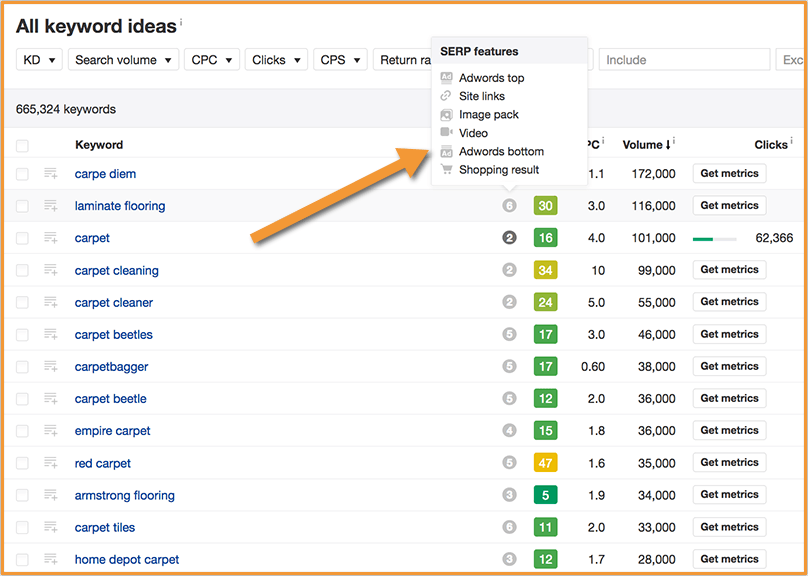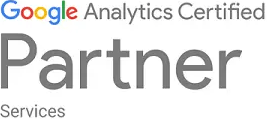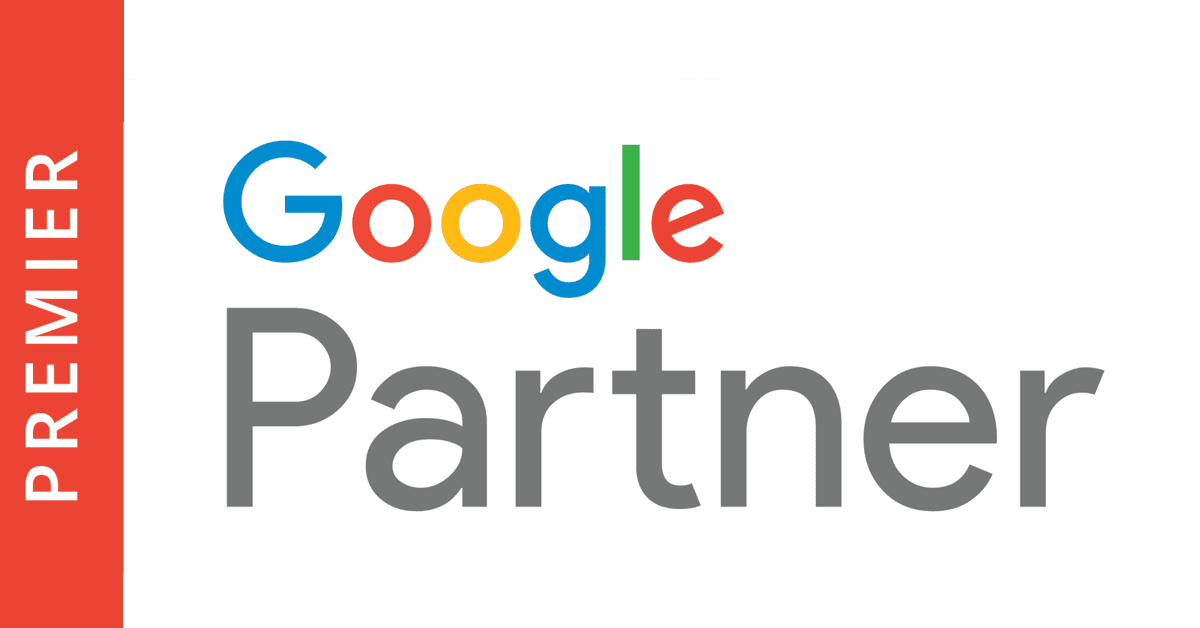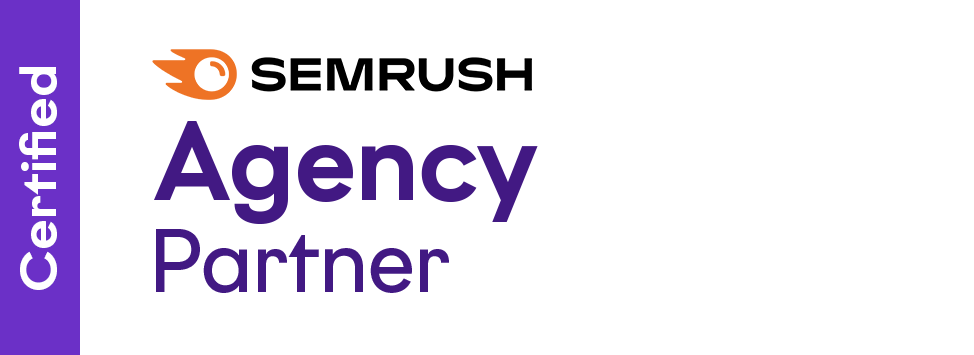Advanced keyword research is more complex than ever, influenced by changing algorithms, increasing competition, and social media’s impact on search trends. The challenge extends beyond selecting the right keywords; it’s about targeting the correct category that aligns with your audience’s intent. Misunderstanding this can significantly impact your site’s conversion rates.
Effective keyword research isn’t just about dominating search terms. It’s about understanding the broader context, including local searches, long-tail queries, and the nuances of digital behavior. This guide will focus on navigating these complexities and refining your approach to align better with your audience’s needs, ultimately enhancing your website’s traffic and effectiveness.
Advanced Keyword research strategies and techniques
Competitor Keyword Analysis
- Spy on Competitors: Use tools like SEMrush, Ahrefs, or SpyFu to see which keywords your competitors are ranking for. This can give you insights into their strategy and help you identify gaps in your own.
- Analyse Their Content: Look at the top-performing content of your competitors. Identify the keywords they are targeting and how they are structuring their content.
SERP Analysis
- Study the SERPs: Analyse the search engine results pages for your target keywords. Look at the types of content that are ranking (blogs, product pages, videos, etc.) and the features present (featured snippets, people also ask, etc.).
- Identify Opportunities: Look for patterns and gaps. Are there certain types of content or topics that aren’t being adequately covered by competitors?
Long-Tail Keyword Exploration
- Find Long-Tail Variants: Use tools like Google’s “Searches related to” section at the bottom of the SERP, “People also ask” boxes, or keyword tools like LongTailPro to find longer, more specific queries.
- Target Niche Segments: Long-tail keywords often have lower search volume but can be highly targeted and less competitive, offering better conversion rates.
Seasonal and Trend-Based Research
- Identify Seasonal Trends: Use tools like Google Trends to identify when certain keywords are popular throughout the year and plan your content accordingly.
- Stay on Top of Industry Trends: Be proactive in researching and creating content for emerging trends in your industry.
User Feedback and Social Listening
- Gather User Questions: Use platforms like Quora, Reddit, or social media to see what questions people are asking about your industry.
- Incorporate into Keyword Strategy: Use these questions to inform your keyword strategy and content creation.
Understanding the importance of search intent when doing keyword research
Commercial Keywords
Commercial-intent phrases are geared toward conversions rather than mere information gathering. Users with this intent are on the verge of purchasing a product or service. They’re looking for actionable results that lead directly to a purchase, often on your website.
Such keywords are actionable and conversion-focused, impacting your bottom line significantly. For example, searches like [best product to clean pet stains from carpet] or [product name coupon code] clearly indicate a readiness to buy.
To effectively target these, equip yourself with SEO tools, keyword finders, and competitor analysis resources. Analyse your competitors’ keyword strategies, adapt, and improve upon them for your benefit.
Informational Keywords
Informational keywords are sought by users needing guidance or knowledge. These searches don’t imply an immediate desire to purchase but rather a quest for information, like “how to remove pet stains from carpet”. To tap into these queries, understand and address your potential customers’ problems. Cornering these informational-intent queries involves researching niche questions and providing comprehensive answers.
Why You Need to Target Both as Part of Your SEO Strategy
Targeting informational terms allows you to capture a potential customer’s attention while they’re in the research phase of the purchasing process. You can use this opportunity to build trust with the reader and even push them further towards marking their purchasing decision.
How to identify the search intent for a keyword
Beyond using your best judgement, the easiest way to determine search intent is to simply look at the Google Search results for a given keyword. By doing this, you can quickly see the kind of content that is appearing for that search term, and determine the search intent from there.
Here’s a simple table you can use to quickly identify search intent:
| Google’s search element | Which search intent it reflect |
| Related products “Shop for” | Commercial intent |
| “People also ask” | Informational intent |
| Knowledge graph | Navigational intent |
| Google images | Informational intent |
| Google maps | Commercial intent |
A good mix of the above elements signals of transactional intent. Some tools help you see those search elements without actually searching and even filter by a certain type or certain types, such as Ahrefs Free Keyword Generator.

Advanced strategies for integrating keywords into your content
Once you’ve gathered all of the keywords you want to target, it’s time to integrate them into your content strategy. Here are some more advanced techniques to consider when creating your strategy.
Turn your keyword list into a Topic Cluster
To maximise the impact of your SEO efforts, start by transforming your keyword list into a structured topic cluster. This involves identifying a central ‘pillar’ content theme that broadly covers your main subject, supported by ‘cluster’ content that delves into related subtopics. For example, if your pillar content is about “Organic Gardening,” your clusters might include “Choosing Organic Seeds,” “Organic Pest Control,” and “Soil Health for Organic Gardens.” This strategy not only helps in organising your content but also in establishing your authority in the niche and improving search visibility.
Where to use commercial and informational keywords
Different types of content on your website serve different purposes and, accordingly, should target different kinds of keywords:
- Commercial Keywords for Home Page, Service, and Category Pages: Your home page, along with service and category pages, are often the first points of interaction with potential customers. They should be optimised with commercial keywords that reflect your main offerings and are likely to be used by someone ready to make a purchase or take action. For instance, a home cleaning service might target “affordable home cleaning service in [Location]” on its home page.
- Informational Keywords for Blog Posts: Blog posts are an excellent way to attract visitors at the top of the funnel who are seeking information. Here, you should focus on informational keywords. For a business selling cooking equipment, a blog post might target “how to choose the best kitchen knives” to attract enthusiasts looking to learn more about their options.
Best Practices for using Keywords in your content
Regardless of the type of keyword, there are some universal best practices you should follow:
- Natural Usage: Always prioritise the readability and flow of your content. Keywords should fit naturally into sentences.
- SEO Tools and Analytics: Use tools to understand how well your keywords are performing and adjust your strategy as needed.
- User Engagement: Pay attention to how users interact with your content. High bounce rates or short page visits might indicate that your content isn’t aligning well with the keyword’s intent.
Helpful Tools For Keyword Research
Now you know what kind of keyword research you should be aiming for in the world of business SEO, how do you make the process easier? With keyword research tools! Every one of these on the list are tried and true tool that have become the highly sung hero of keyword marketing:
- Ahrefs – A comprehensive tool for SEO analysis and competitor research.
- Google Keyword Planner – Ideal for beginners, primarily focused on paid campaigns but also useful for organic search insights.
- Search Console – A free Google service for monitoring and troubleshooting site presence in Google search results.
- SEMrush – A robust tool offering extensive insights for both organic and paid campaigns, excellent for competitor analysis.
- Longtail Pro – Best for targeting long-tail keywords in competitive niches, providing highly targeted traffic insights.
Partner with our SEO specialists
Boosting website traffic through a refined SEO campaign is integral to your business’s success. Implementing advanced keyword research is key to striking the perfect balance between informational and commercial keyword intents.
To delve deeper into selecting the most effective keywords for your website, consider consulting our experts at Digital Eagles. Our array of SEO packages is designed to elevate your online presence and drive your business’s digital success.
Further Reading: 7 Advanced SEO Techniques For Boosting Your Rankings



















